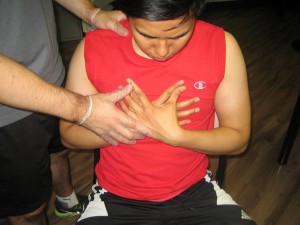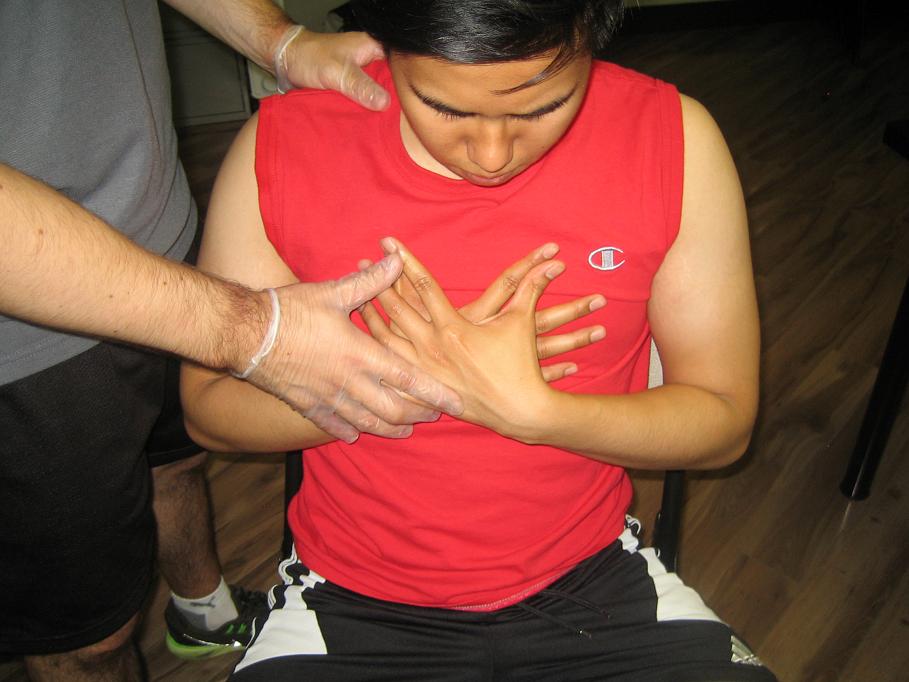Rib injuries typically heal over a span of a few weeks. Appropriate pain medications are vital to allow the individual to breath and cough comfortably as the injury heals.
Who are at risk?
Rib injuries involves a break in one or several ribs. Oftentimes, the ribs are not damaged but there is bruising of the ribs or adjacent muscles. The injuries occur from a strong force to the chest such as during a fall, assault or vehicular accident.
Injuries can also occur due to the force of the surrounding muscles such as excessive coughing, heavy sports or straining. Remember that injuries are likely to occur if there is weakness of the ribs especially if osteoporosis is present or other bone diseases.
Management of rib injuries

The main objective of treatment is to provide relief from pain. A fracture or bruise typically heals in about 4 weeks. Ensuring pain relief during this period will allow the individual to breathe and cough properly. If pain relief is not enough, it results to shallow breathing, chest infections and lack of coughing.
Safe and effective pain relief is vital for those who are prone to chest infections such as smokers and those who have persistent chest conditions such as COPD or heart failure.
Pain relief measures
- Paracetamol
- Non-steroidal anti-inflammatory drugs (NSAIDs) such as ibuprofen, aspirin and naproxen
- Potent pain medications that contain codeine
When it comes to sore rib injuries, the pain medications must be taken regularly. It is not advisable to wait until the pain becomes severe. As the ribs start to heal, the dosage should be reduced gradually.
- For mild to moderate pain, paracetamol is usually used.
- Moderate to severe pain can be managed using paracetamol or codeine or a combination of paracetamol with an anti-inflammatory pain medication.
Make sure that the dosage instructions are carefully followed and avoid using more than the dose prescribed.

